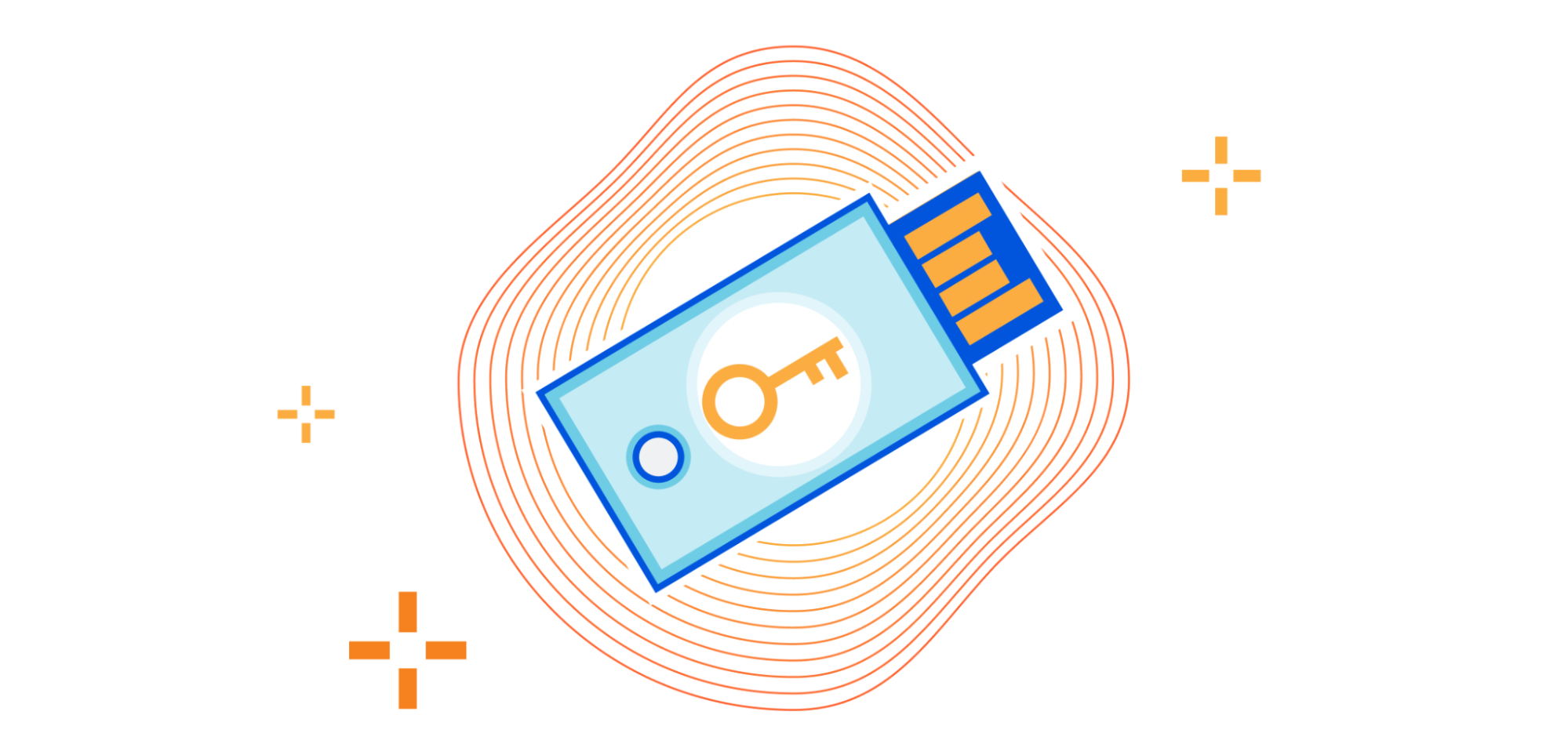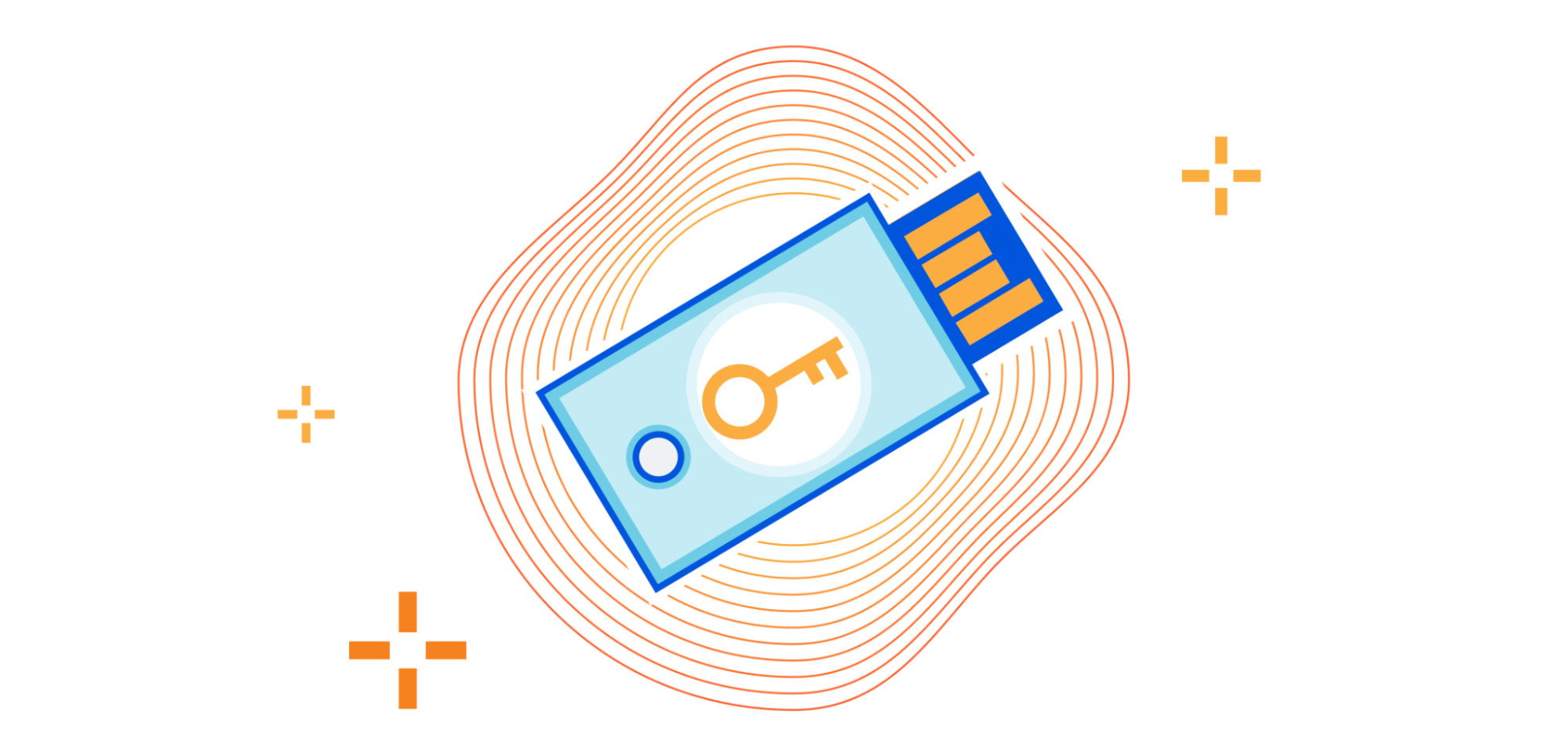Author Archives: Thibault Meunier
Author Archives: Thibault Meunier
With the rise of traffic from AI agents, what’s considered a bot is no longer clear-cut. There are some clearly malicious bots, like ones that DoS your site or do credential stuffing, and ones that most site owners do want to interact with their site, like the bot that indexes your site for a search engine, or ones that fetch RSS feeds.
Historically, Cloudflare has relied on two main signals to verify legitimate web crawlers from other types of automated traffic: user agent headers and IP addresses. The User-Agent header allows bot developers to identify themselves, i.e. MyBotCrawler/1.1. However, user agent headers alone are easily spoofed and are therefore insufficient for reliable identification. To address this, user agent checks are often supplemented with IP address validation, the inspection of published IP address ranges to confirm a crawler's authenticity. However, the logic around IP address ranges representing a product or group of users is brittle – connections from the crawling service might be shared by multiple users, such as in the case of privacy proxies and VPNs, and these ranges, often maintained by cloud providers, change over time.
Cloudflare will always try to block malicious bots, but Continue reading
HTTP caching is conceptually simple: if the response to a request is in the cache, serve it, and if not, pull it from your origin, put it in the cache, and return it. When the response is old, you repeat the process. If you are worried about too many requests going to your origin at once, you protect it with a cache lock: a small program, possibly distinct from your cache, that indicates if a request is already going to your origin. This is called cache revalidation.
In this blog post, we dive into how cache revalidation works, and present a new approach based on probability. For every request going to the origin, we simulate a die roll. If it’s 6, the request can go to the origin. Otherwise, it stays stale to protect our origin from being overloaded. To see how this is built and optimised, read on.
Let's take the example of an online image library. When a client requests an image, the service first checks its cache to see if the resource is present. If it is, it returns it. If it is not, the image server processes the request, places the response into the Continue reading
Chances are good that today you’ve sent a message through an end-to-end encrypted (E2EE) messaging app such as WhatsApp, Signal, or iMessage. While we often take the privacy of these conversations for granted, they in fact rely on decades of research, testing, and standardization efforts, the foundation of which is a public-private key exchange. There is, however, an oft-overlooked implicit trust inherent in this model: that the messaging app infrastructure is distributing the public keys of all of its users correctly.
Here’s an example: if Joe and Alice are messaging each other on WhatsApp, Joe uses Alice’s phone number to retrieve Alice’s public key from the WhatsApp database, and Alice receives Joe’s public key. Their messages are then encrypted using this key exchange, so that no one — even WhatsApp — can see the contents of their messages besides Alice and Joe themselves. However, in the unlikely situation where an attacker, Bob, manages to register a different public key in WhatsApp’s database, Joe would try to message Alice but unknowingly be messaging Bob instead. And while this threat is most salient for journalists, activists, and those most vulnerable to cyber attacks, we believe that protecting the privacy and integrity of Continue reading


Four years ago, Cloudflare went Interplanetary by offering a gateway to the IPFS network. This meant that if you hosted content on IPFS, we offered to make it available to every user of the Internet through HTTPS and with Cloudflare protection. IPFS allows you to choose a storage provider you are comfortable with, while providing a standard interface for Cloudflare to serve this data.
Since then, businesses have new tools to streamline web development. Cloudflare Workers, Pages, and R2 are enabling developers to bring services online in a matter of minutes, with built-in scaling, security, and analytics.
Today, we're announcing we're bridging the two. We will make it possible for our customers to serve their sites on the IPFS network.
In this post, we'll learn how you will be able to build your website with Cloudflare Pages, and leverage the IPFS integration to make your content accessible and available across multiple providers.
The InterPlanetary FileSystem (IPFS) is a peer-to-peer network for storing content on a distributed file system. It is composed of a set of computers called nodes that store and relay content using a common addressing system. In short, a set of participants Continue reading


By reading this, you are a participant of the web. It's amazing that we can write this blog and have it appear to you without operating a server or writing a line of code. In general, the web of today empowers us to participate more than we could at any point in the past.
Last year, we mentioned the next phase of the Internet would be always on, always secure, always private. Today, we dig into a similar trend for the web, referred to as Web3. In this blog we'll start to explain Web3 in the context of the web's evolution, and how Cloudflare might help to support it.
When Sir Tim Berners-Lee wrote his seminal 1989 document “Information Management: A Proposal”, he outlined a vision of the “web” as a network of information systems interconnected via hypertext links. It is often assimilated to the Internet, which is the computer network it operates on. Key practical requirements for this web included being able to access the network in a decentralized manner through remote machines and allowing systems to be linked together without requiring any central control or coordination.



Cloudflare's journey with IPFS started in 2018 when we announced a public gateway for the distributed web. Since then, the number of infrastructure providers for the InterPlanetary FileSystem (IPFS) has grown and matured substantially. This is a huge benefit for users and application developers as they have the ability to choose their infrastructure providers.
Today, we’re excited to announce new secure filtering capabilities in IPFS. The Cloudflare IPFS module is a tool to protect users from threats like phishing and ransomware. We believe that other participants in the network should have the same ability. We are releasing that software as open source, for the benefit of the entire community.
Its code is available on github.com/cloudflare/go-ipfs. To understand how we built it and how to use it, read on.
Before we get to understand how IPFS filtering works, we need to dive a little deeper into the operation of an IPFS node.
The InterPlanetary FileSystem (IPFS) is a peer-to-peer network for storing content on a distributed file system. It is composed of a set of computers called nodes that store and relay content using a common addressing system.
Nodes communicate with each other Continue reading


Select all the buses. Click on bikes. Does this photo have traffic lights? As ridiculous as these questions are, you’re almost guaranteed to have seen one recently. They are a way for online services to separate humans from bots, and they’re called CAPTCHAs. CAPTCHAs strengthen the security of online services. But while they do that, there’s a very real cost associated with them.
Based on our data, it takes a user on average 32 seconds to complete a CAPTCHA challenge. There are 4.6 billion global Internet users. We assume a typical Internet user sees approximately one CAPTCHA every 10 days.
This very simple back of the envelope math equates to somewhere in the order of 500 human years wasted every single day — just for us to prove our humanity.
Today, we are launching an experiment to end this madness. We want to get rid of CAPTCHAs completely. The idea is rather simple: a real human should be able to touch or look at their device to prove they are human, without revealing their identity. We want you to be able to prove that you are human without revealing which human you are! You may ask if this is Continue reading


The Domain Name System (DNS) matches names to resources. Instead of typing 104.18.26.46 to access the Cloudflare Blog, you type blog.cloudflare.com and, using DNS, the domain name resolves to 104.18.26.46, the Cloudflare Blog IP address.
Similarly, distributed systems such as Ethereum and IPFS rely on a naming system to be usable. DNS could be used, but its resolvers’ attributes run contrary to properties valued in distributed Web (dWeb) systems. Namely, dWeb resolvers ideally provide (i) locally verifiable data, (ii) built-in history, and (iii) have no single trust anchor.
At Cloudflare Research, we have been exploring alternative ways to resolve queries to responses that align with these attributes. We are proud to announce a new resolver for the Distributed Web, where IPFS content indexed by the Ethereum Name Service (ENS) can be accessed.
To discover how it has been built, and how you can use it today, read on.
The InterPlanetary FileSystem (IPFS) is a peer-to-peer network for storing content on a distributed file system. It is composed of a set of computers called nodes that store and relay content using a common Continue reading